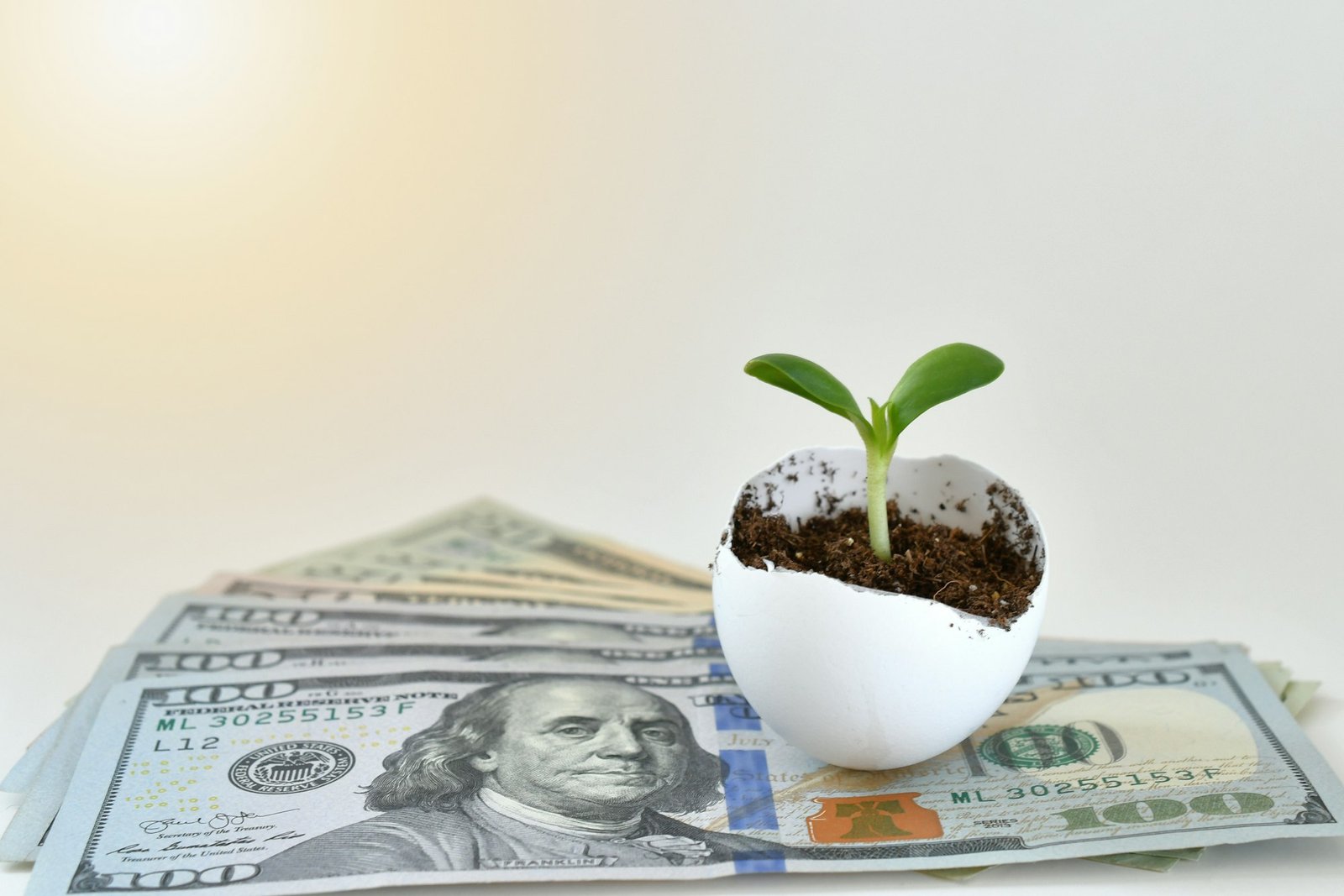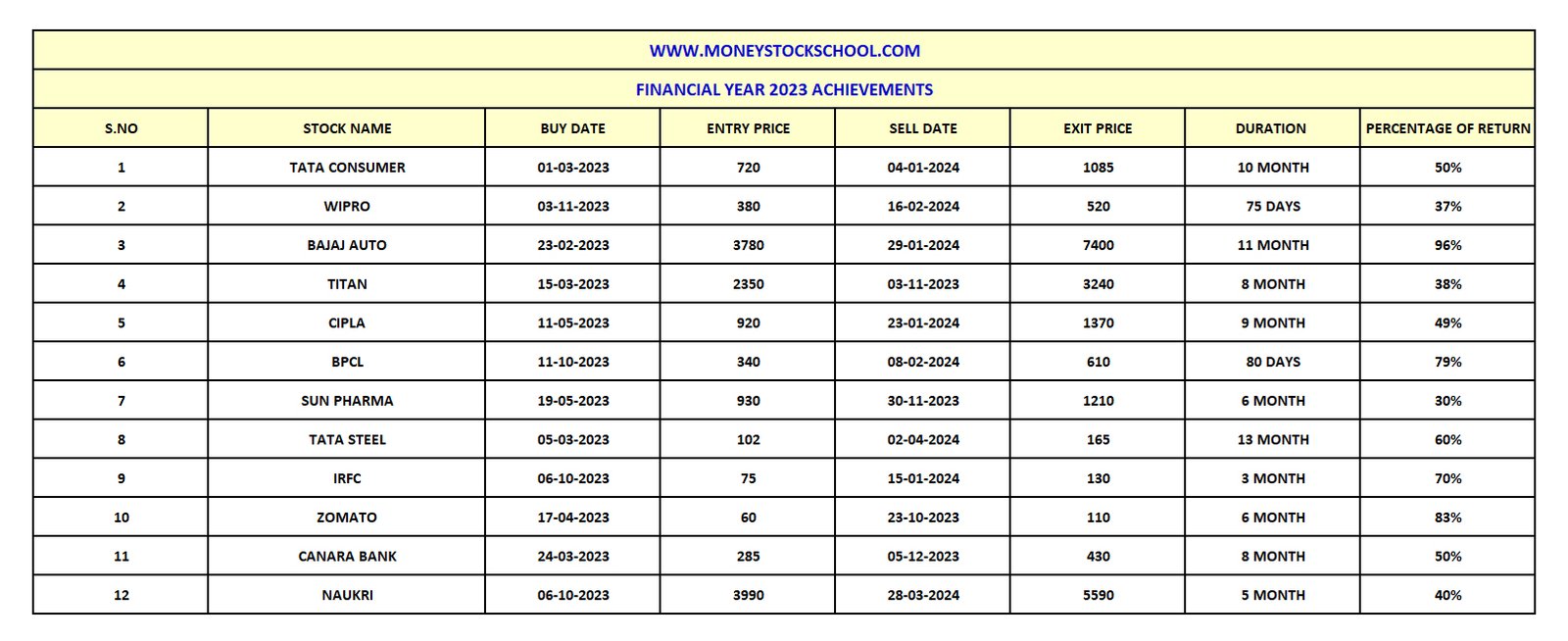
TO CREATE WEALTH CREATION IN FINANCIAL MARKETS
To create a financial plan, consider your personal goals
Creating wealth is not about working harder but it’s all about working smarter. By harnessing the power of stock market courses from Money stock school and the opportunities it presents, your money is made to work harder and you are able to create wealth in a smarter way. Learn to master the stock market tips, tricks and strategies that will ensure you achieve consistently profitable returns on your investment. Equity capital markets refers to a broad network of financial institutions, channels, and markets that together assist companies to raise capital. Equity capital is raised by issuing shares in the company, publicly or privately, and is used to fund the expansion of the business. Primary equity markets refer to raising money from private placement and mainly involves OTC markets. Secondary equity markets involve stock exchanges and are the primary venue for public investment in corporate equity. Equity capital markets activities include bringing shares to IPO and secondary offerings.
It’s never too late to take control of your finance and future. Join millions of people making an additional income by investing in the stock market.

COMPOUND INTEREST IS THE 8 TH WOUNDER OF THE WORLD.
The investment will generate earnings from both its initial principal
Compounding is the process whereby interest is credited to an existing principal amount as well as to interest already paid. Compounding thus can be construed as interest on interest—the effect of which is to magnify returns to interest over time, the so-called “miracle of compounding. When banks or financial institutions credit compound interest, they will use a compounding period such as annual, monthly, or daily. Compounding may occur on investment in which savings grow more quickly or on debt where the amount owed may grow even if payments are being made.
Compounding naturally occurs in savings accounts. Some investments that yield dividends may also benefit from compounding. Compounding and compound interest play a very important part in shaping the financial success of investors. If you take advantage of compounding, you’ll earn more money faster. If you take on compounding debt, you’ll be stuck in a growing debt balance longer. By compounding interest, financial balances have the ability to exponential grow faster than straight line interest.

